Read more about the Dignity and Right to Health Award here.
2017
Project Burans
- A mental health project in the northern Indian state of Uttarakhand, a partnership between the Emmanuel Hospital Association and the Uttarakhand Community Health Global Network
The Burans team has demonstrated visionary and innovative leadership.
Noting the huge burden of untreated mental disorders (90% of people with mental disorders receive no treatment) in the northern Indian state of Uttarakhand, Dr. Mathias convened a team of experienced community workers who assessed the needs and then devised an ambitious but yet achievable strategy to increase access to mental health care and promote good mental health in the district of Dehradun. This involved identifying and collaborating with implementing partners who had previous experience in community work in the area, and with community groups (namely people with psycho-social disabilities, their caregivers, community leaders, government grassroots workers and government health services). Since its launch in 2014, Project Burans has strategically and carefully built relationships with respected partners to achieve significant and measurable outcomes, which have been regularly monitored and evaluated. Dr. Mathias, a New Zealander who is fluent in Hindi, has very capably and humbly led the team in setting up and implementing this project from the start, drawing on research, evidence and community expertise throughout. Project Burans is an excellent example of modern Christian leadership in an area of huge need in community health, and I would hope other Christians who wish to improve community health will learn from Project Burans' example.
People with mental disorders face much stigma in India (like in most places in the world), which puts them at great socio-economic disadvantage. Many are home-bound due to stigma and psycho-social disabilities from their mental disorders. With about 20 psychiatrists in a population of about 10 million people in Uttarakhand, treatment for mental disorders is not easily accessible. Furthermore, in a region with endemic poverty and inter-religious tensions, life for many is challenging, even without mental disorders to contend with.
In choosing the places in which to set up its programmes, Burans deliberately chose communities with high needs and socially marginalised, including a peri-urban area with seasonal brick kiln workers, a rural Muslim area and a slum area with very high numbers of people from the most oppressed castes. In the team composition, Burans has also sought gender equality in leadership, representation of oppressed castes and excluded religious minorities.
Burans has sought to overcome these multiple and great barriers to train community health workers, who often travel by foot to reach people with mental disorders and their families, then educate them and bring them to seek treatment. I have seen the enthusiasm and dedication of these community health workers who put aside caste and religious differences, and often willingly use their own resources to assist people with mental disorders and their families.
Project Burans' achievements in include:
* Identifying more than 650 people with psycho-social disabilities and bringing them for mental health treatment, some of whom have dramatic stories of improvement (re-integrating into family and community life) after accessing appropriate treatment after many years of suffering from mental disorders.
* Forming multiple support groups with people with psycho-social disabilities and their caregivers, many of whom now access peer support that that they did not previously have.
* Forming resilience groups for girls at government schools and girls who have dropped out of school, some of whom have then initiated petitions to local government authorities (prior to Project Burans, they would not have felt empowered to do this).
* Training of community health and development workers from 50 Christian NGOs and over 800 government community health workers in mental health.
* Providing leadership and training in the Dehradun church forum on mental health to church volunteers in mental health, attended by more than 400 people.
* Developing educational resources about mental health in Hindi and English, some of which are available to download from the Burans website.
One manual (Nae Disha) is being used by the Catholic Health Association of India for a nation-wide adolescent mental health and resilience programme.
* Patient care plans developed by Burans have been adopted by the state Department of Health residential mental health institutions.
* Successfully advocating for the provision of free psychiatric medications (as stated by Indian law) in government hospitals for people with mental disorders.
* Successfully gaining the recognition and partnership of government health entities at a high level.
These are only some of the many achievements of Project Burans, which have clearly improved the access to mental health care, empowered, integrated and increased the dignity of people with mental illness.
The organisation leads in bringing justice and the unconditional love and care of the Living God to many people. The organisation is undoubtedly a Christian one, with Christian leadership, but working with a variety of partners and clients of different religions (Hindu, Muslim, Sikh etc.), in a region where religious co-existence has socio-political sensitivities.
Project Burans impresses greatly as an excellent example of how health outcomes can be improved in a very systematic way that demonstrates best-practices in community development and health systems strengthening.
We pray and hope that many will learn from the way the Project Burans team serves a very marginalised population in Uttarakhand.




